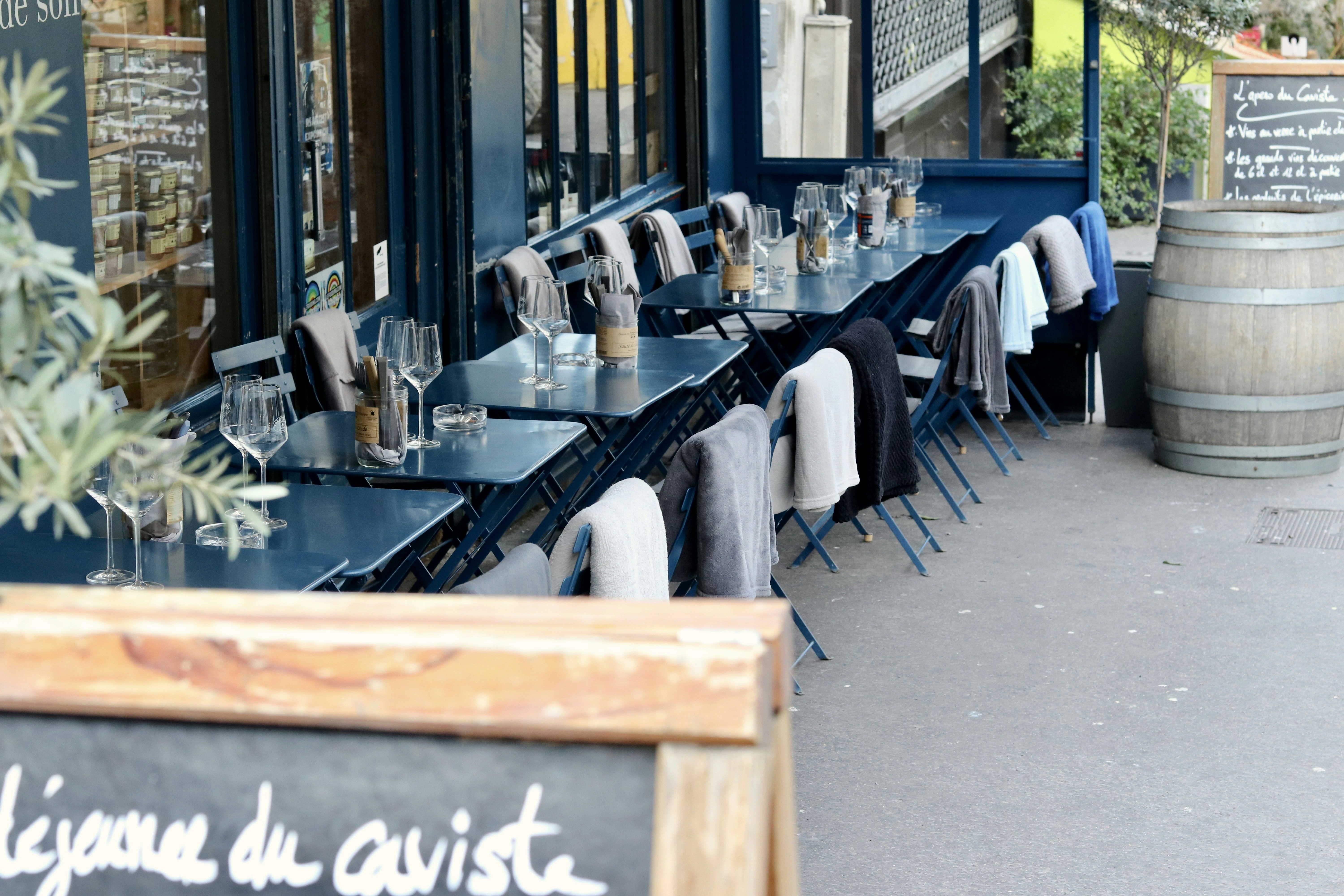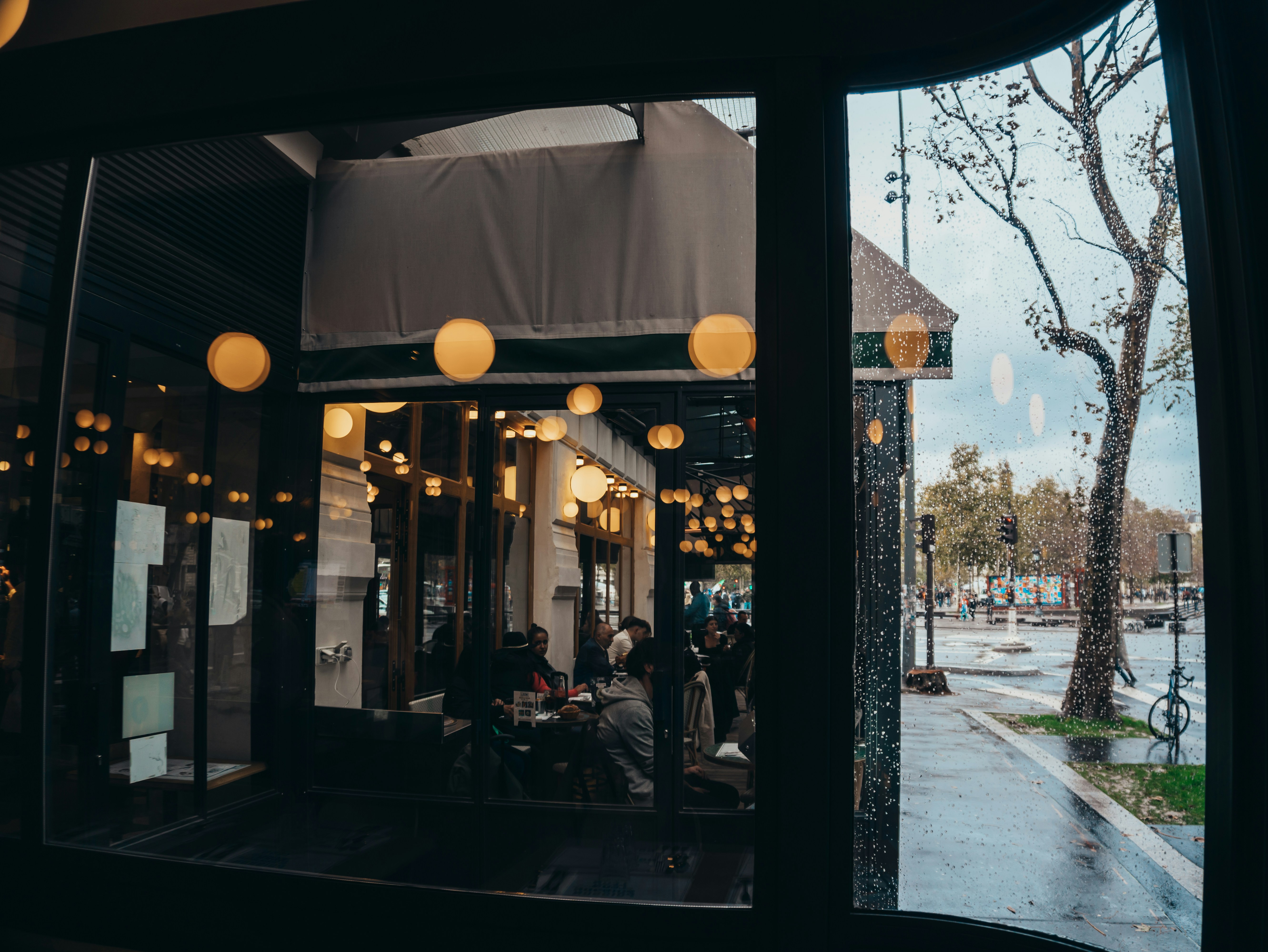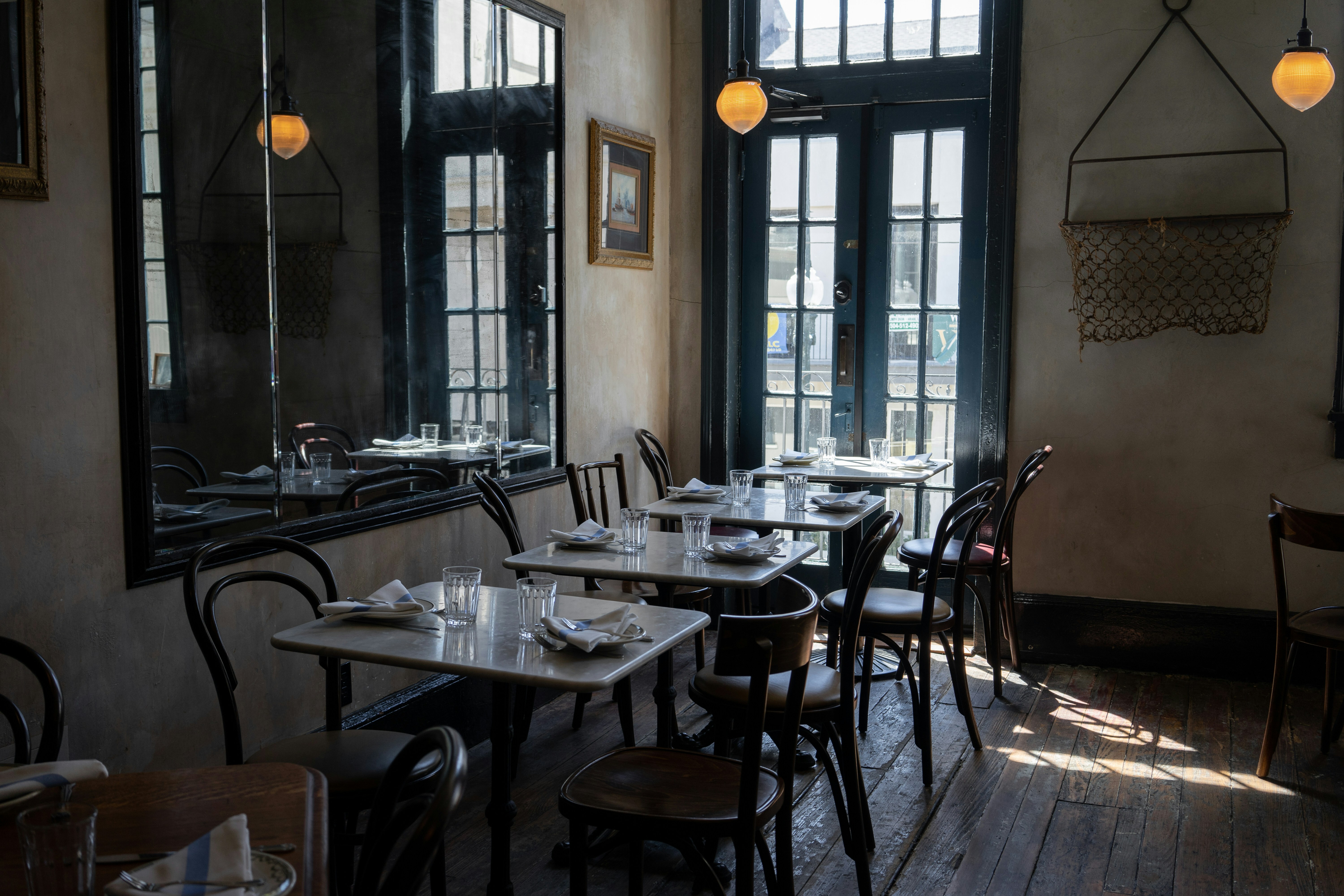The Ultimate Guide to Water Conservation in Restaurants
Explore comprehensive strategies for restaurants to implement water conservation measures, bolster sustainability efforts, and reduce operational costs.

Photo by Fabien Maurin on Unsplash

Photo by Fabien Maurin on Unsplash
The Global Challenge of Water Waste
As the world faces a persistent challenge with water waste, the pressure to conserve this precious resource grows. With predictions showing a rise in populations living in water-stressed areas, the urgency for water conservation becomes more pronounced than ever. Restaurants, notorious for their waste, stand as key players in reducing water waste within their operations.
Crucial Role of Restaurants in Water Conservation
Restaurants play a significant role in water conservation efforts due to their substantial water usage. Studies indicate that a considerable portion of total water use in commercial settings is attributed to hospitality and food service establishments. The escalating costs of water further emphasize the need for restaurants to adopt sustainable practices to not only protect the environment but also manage their operational expenses effectively.

Photo by Fabien Maurin on Unsplash
Implementing Sustainable Practices
Restaurants can enhance their sustainability by implementing various water conservation measures. One effective strategy is to transition from selling plastic water bottles to offering reusable options for customers. By providing refill stations and reusable bottles, restaurants promote eco-conscious practices while offering convenience to patrons.

Photo by Fabien Maurin on Unsplash
Internal Operational Improvements
Improving internal operations can significantly impact water conservation. Upgrading equipment like dishwashers and ice machines to more efficient models can lead to substantial water savings. Monitoring water dispensers, comparing meter readings, and optimizing cleaning processes are internal initiatives that contribute to reducing water waste within a restaurant.
Financial and Environmental Benefits
Embracing sustainable water programs not only benefits the environment but also the bottom line of restaurants. By investing in systems like bottling programs, establishments can achieve financial savings while reducing their ecological footprint. Examples from Boston and Quebec highlight the success of such initiatives in cost reduction and waste elimination.
Leading Towards a Sustainable Future
Restaurants have the opportunity to lead the way towards a more sustainable future by prioritizing water conservation, energy efficiency, waste reduction, and guest engagement. Commitment to sustainable practices not only aligns with customer preferences but also drives operational excellence and environmental stewardship.
